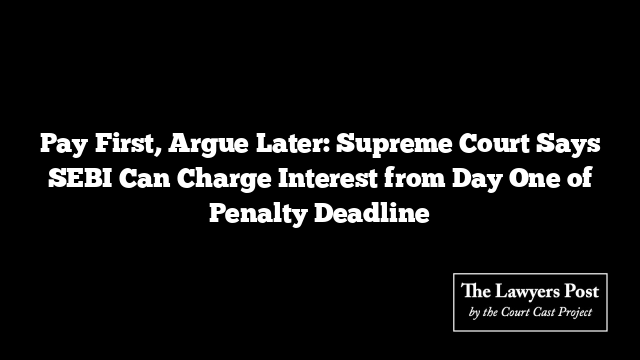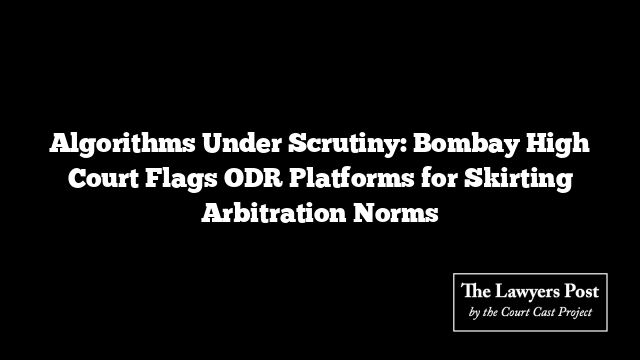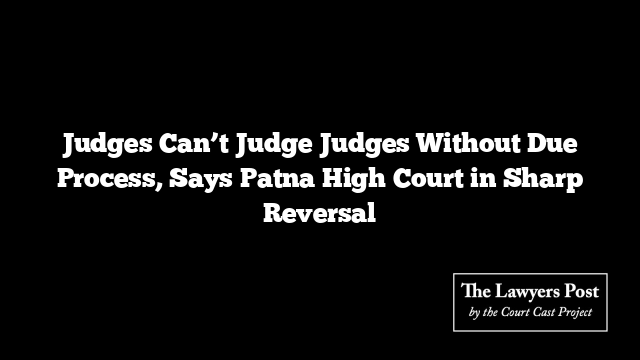In a verdict that could send ripples across India’s financial corridors, the Supreme Court has declared that the Securities and Exchange Board of India (SEBI) doesn’t need to knock twice. Once a penalty is levied and the deadline for payment expires, interest kicks in automatically—no second notice required.
At the heart of the case were defaulters who, after being penalized in 2014 under insider trading regulations, kept their wallets shut for nearly a decade. SEBI eventually chased them down in 2022, slapping interest at 12% per annum from 2014 to 2022 and freezing bank accounts. The defaulters cried foul, arguing that interest couldn’t be claimed retroactively without a fresh demand. The Supreme Court disagreed.
According to the bench, once an adjudication order is passed, the clock starts ticking. The failure to comply within the timeframe—45 days in this case—instantly brands the individual a ‘defaulter’. And with that label comes interest, retroactive and unrelenting.
The Court relied heavily on Section 220(1) and Section 28A of the SEBI Act, drawing parallels with the Income Tax Act. It made clear that even if the adjudication order doesn’t spell out a specific due date, the statutory 30-day rule from the Income Tax framework fills the gap. In this scenario, though, SEBI had already granted 45 days—more than enough time.
The justices emphasized that the adjudicating officer doesn’t merely suggest payment; his order is the demand itself. No separate formalities or follow-up letters are necessary. Once the compliance period expires, the default matures, and so does the liability to interest.
Importantly, the Court drew a distinction between punitive and compensatory measures. Interest here, it said, is not a punishment—it’s compensation. The government lost access to funds it was rightfully owed. The interest is there to bridge that financial gap, not to beat the defaulter with a stick.
Relying on Explanation 4 of Section 28A—added in 2019—the Court noted that the original adjudication order is the ignition point for calculating interest, not the later demand notices. Since Section 156 of the Income Tax Act (which deals with demand notices) doesn’t feature in the SEBI Act, the order by the adjudicating officer must stand as the definitive trigger.
The case arose when the Securities Appellate Tribunal backed SEBI’s claim, and the defaulters brought the matter to the apex court. They questioned both the imposition of interest and the timeline from which it was calculated.
But the Court saw no ambiguity. The adjudication orders were clear. Payment was due within 45 days. No payment came. SEBI waited, then enforced. And in the Court’s eyes, the regulator was well within its rights.
So here’s the new rule of the market jungle: when SEBI speaks, the meter’s already running.





